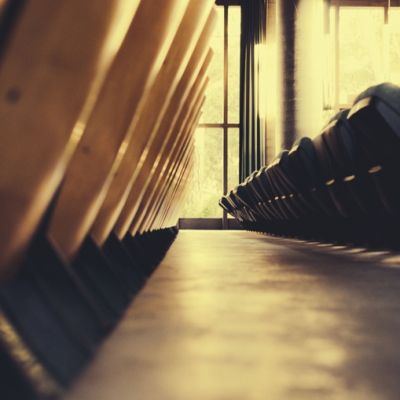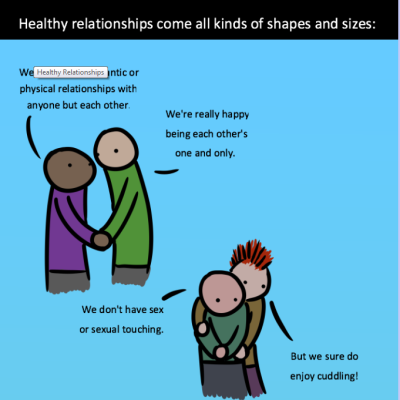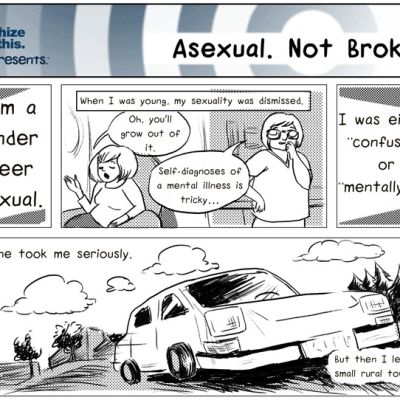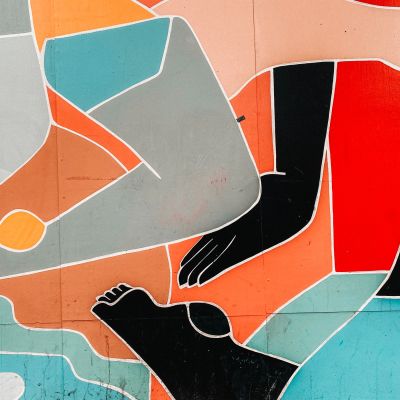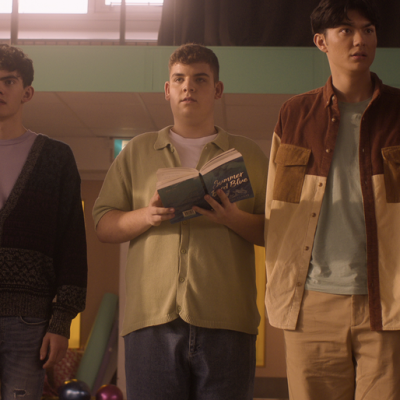asexuality
My discovery of erotic poems was, as they put it, ‘by chance’. A friend of mine had suggested a book…
I had my sexual awakening in college. Or rather, the realisation that I would never have a ‘sexual awakening’ hit…
No one ever really talks about how queer people in STEM fields navigate hostile spaces. ‘STEM’ stands for ‘Science, Technology, Engineering, Math’. We Indians, of course, are well aware of what these fields entail because our parents, neighbours and teachers often push us towards them. Pursuing a career in the humanities/arts means deviating from the norm, so it makes sense that sexualities and gender identities which are considered ‘deviant’ often flourish in these fields.
मैं अपनी यौनिकता को अपनी पहचान का अलग हिस्सा नहीं मानती। मैं अलग व्यक्ति नहीं हूँ क्योंकि मैं एसेक्शुअल हूँ। यह सिर्फ़ आकार देता है कि मैं कौन हूँ, वैसे ही जैसे मेरी राजनीतिक राय या धार्मिक विश्वास मेरे दुनिया के प्रति नज़रिए को आकार देते हैं।
Just as there are diverse ways of expressing and experiencing one’s sexuality, pleasure, too, is experienced in multiple forms and through multiple practices in each relationship.
You see, numbers are tricky, data is tricky. More importantly, data is dehumanising. Add sexuality and intimacy to this and the waters get even murkier. Maybe it’s good to leave a few things unaffected by too much data. Maybe we do not want to talk about data and sexuality. Maybe we instead want to talk about why data around gender and sexuality must not be recorded, and instead, maybe focus on why we should honour every kind of sexual preference which is within the purview of the safe and consensual.
There are a lot of prejudices and misconceptions about asexual people. This comic on Everyday Feminism sensitises us to asexuality through a deeply felt real-life story of finding love as an asexual person.
If we are to reimagine coupledom and sexuality, we need to expand and challenge our ideas about togetherness, romance, love, intimacy, desire, sex, attachment, and so on.
The assumption that everyone experiences love and attraction in a similar manner is deeply alienating and harmful for the a-spec community.



